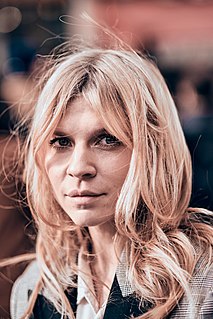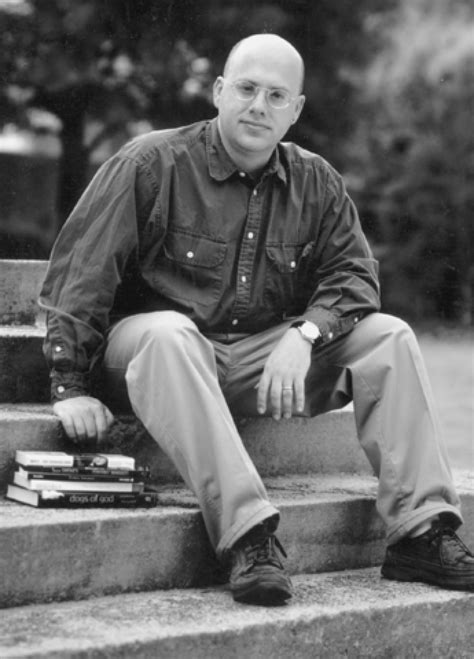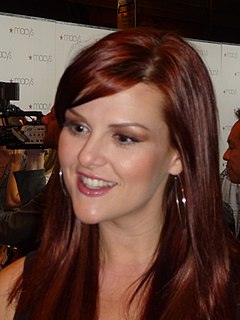A Quote by Leslie Jamison
In my own life as a reader I experience real moments of alienation when a writer feels too perfect, or like even the flaws they are admitting are somehow noble, or dysfunctional in an overly edgy, aesthetically pleasing way.
Related Quotes
Another sex worker and writer I respect put it this way: she said that as a writer, you're not about pleasing people, and as a sex worker it's all about pleasing people. It's all about creating this fantasy. I still feel like as a writer you actually do have put on a show. You can't just hand over your notes. And there is a degree to which you are appealing to the reader's vanity, whether you tell yourself you're doing that or not.
The book is finished by the reader. A good novel should invite the reader in and let the reader participate in the creative experience and bring their own life experiences to it, interpret with their own individual life experiences. Every reader gets something different from a book and every reader, in a sense, completes it in a different way.
I think it's the strange irony that we make all these life choices before we're 40, because really we shouldn't make any until we're 40. It almost feels like you get a software upgrade and you start to experience life in such a different way, because you just don't suffer fools, you go straight for what means something and what feels good, and you stop caring about pleasing other people.
I think challenges are what any decent writer would be all about. If you actually do find your slide and grease it, shame on you. Me, I get bored very easily. As a writer I get bored even faster than I do in real life. I mean, I like fast cars; I've driven a lot of racecars. You need some stimulation. If I find something that seems too difficult to do, too difficult to research, or beyond your writing abilities, it's a perfect invitation to try it.
It is easier for the reader to judge, by a thousand times, than for the writer to invent. The writer must summon his Idea out of nowhere, and his characters out of nothing, and catch words as they fly, and nail them to the page. The reader has something to go by and somewhere to start from, given to him freely and with great generosity by the writer. And still the reader feels free to find fault.
I feel really strongly about not wanting to overly guide the reader about what he or she should think. I really trust the reader to know for themselves and not to need too much. You have your own imagination, your own experiences, your own feelings, and a novel wants ultimately to ask questions. It doesn't assert anything, or shouldn't, I think.
Were all first loves like that? Somehow she doubted it; even now it struck her as being more real than anything she'd ever known. Sometimes it saddened her to think that she'd never experience that kind of feeling again, but then life had a way of stamping out that intensity of passion; she'd learned all too well that love wasn't always enough.
How often I have tried to tell writing students that the first thing a writer must do is love the reader and wish the reader well. The writer must trust the reader to be at least as intelligent as he is. Only in such well wishing and trust, only when the writer feels he is writing a letter to a good friend, only then will the magic happen.






































